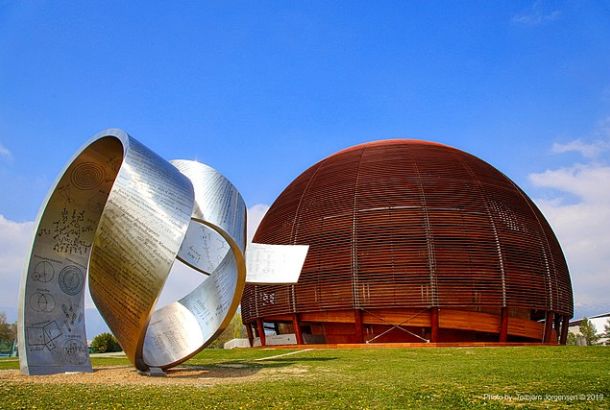‘Permafrost threatens massive carbon release,’ warns Manchester academic
By Keir Lewis
An ice wall which collapse in Arctic Siberia is releasing ten times more carbon than previously thought.
An international team writing in Nature reports the permafrost in the high Arctic is experiencing twice the average global warming.
The paper, the product of a seven-week sea expedition, reveals that the Siberian coastline contains a rapidly-thawing carbon-rich permafrost called Yedoma that could have a serious impact on global warming. Although not yet releasing enough carbon to significantly affect atmospheric levels, the team acknowledge that it would be difficult to estimate when that may happen.
Dr Bart van Dongen, co-author of the paper and a academic at the University of Manchester, explained that the permafrost acts as a carbon sink, storing tens-of-thousands year old carbon. By using a range of analysis techniques, the team were able to identify the Yedoma permafrost as the predominant carbon source in the area.
According to Dr Van Dongen, just the surface layer of ground contains twice as much carbon as the atmosphere.
Warning of the dangers of further melting, the University of Manchester lecturer said: “If this goes, then we have dramatic effects”.
This understudied region has previously been protected by the Albedo effect, where pale colours reflect sunlight and heat. Now melting has occurred, a chain reaction has begun to release more and more carbon as CO2 and methane.
Asked if we should be trying to slow the process, Dr Van Dongen was determined. “From a scientific point of view, we are changing [the environment],” he said.
He believes it is a job for both governments and individuals, although he concedes, “we are human beings and we need to live”. He hopes that the Government’s obligation to act might inspire individuals to take action themselves. In the meantime, his team have just been awarded an NERC grant to continue their research in the Arctic.







